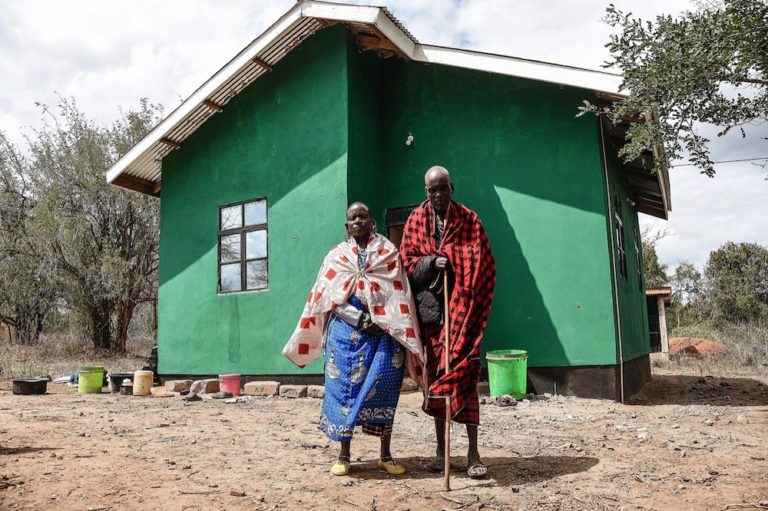(MISA/IFEX) – On 19 October 2000, the Dar es Salaam-based Kisutu District Magistrate’s Court barred journalists from covering a case involving a prominent businessman, Nambai Tasseni, who was charged with raping a student of the University of Dar es Salaam (UDSM). The decision to hold the case in camera was reached by the Kisutu Senior […]
(MISA/IFEX) – On 19 October 2000, the Dar es Salaam-based Kisutu District Magistrate’s Court barred journalists from covering a case involving a prominent businessman, Nambai Tasseni, who was charged with raping a student of the University of Dar es Salaam (UDSM).
The decision to hold the case in camera was reached by the Kisutu Senior District Magistrate, Elimas Mafuru. The ruling was made in terms of Section 186(3) of the Criminal Procedure Act (CPA) of 1985.
The said section says: “Not withstanding the provisions of any law, the evidence of all persons in all trials involving sexual offences shall be received by the court in camera, and the evidence and witnesses involved in these proceedings shall not be published by or
in any newspapers or other media.
“But this section shall not prohibit the printing or publishing of any such matter in a bona fide series of law reports or in a newspaper or periodical of a technical character bona fide intended for circulation among members of the legal or medical professions”.
The court’s decision, however, came after several cases of a similar nature had been heard in an open courtroom. The suspicion is that the law was used to gag the media because of the personality involved.
The case against Tasseni, however, was discharged on the same day the gag order came into effect, after the complainant in the case effectively withdrew the charges.
Section 186(3) of the Criminal Procedure Act (CPA) of 1985 is one of the laws which media activists in Tanzania are fighting to have removed from the statute books.


